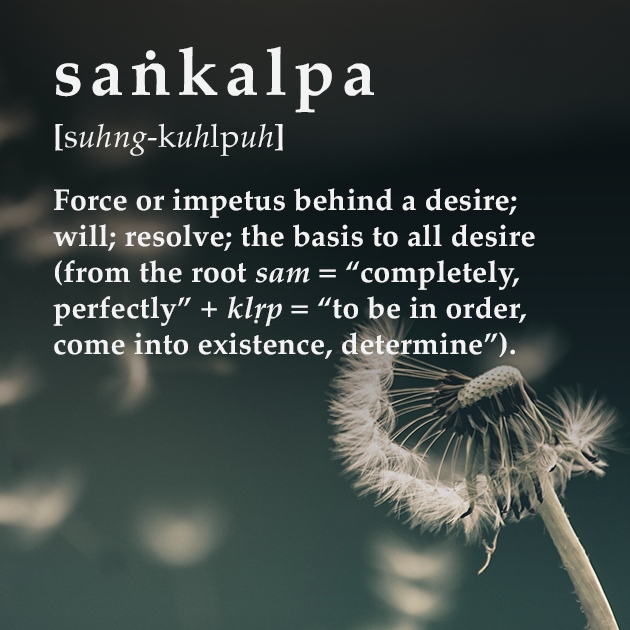What is moksha?
- Daniel McKenzie

- Jan 18, 2023
- 3 min read

Moksha (mokṣa) is commonly translated as “freedom” or “liberation.” But freedom from what, exactly? In mythology, literature, and popular culture, moksha is often equated with “enlightenment,” imagined as a dazzling spiritual event that instantly bestows omniscience and everlasting bliss upon the seeker. However, traditional teachings present a very different, far less romantic view. In the context of Vedanta, moksha is not a dramatic awakening or supernatural power. Rather, it is the quiet, enduring dissolution of ignorance regarding one’s true nature.
According to scripture, moksha is the release from samsara—the cycle of birth and death that binds the individual to suffering and limitation. The root cause of samsara is māyā, the cosmic illusion that causes us to misperceive reality. Under the influence of māyā, we identify with the body and mind, mistake the transient for the eternal, and pursue happiness in external objects, experiences, and relationships. This misidentification gives rise to bondage. In contrast, moksha is the recognition that our essence was never bound in the first place. In this way, samsara and moksha are opposites: one binds through misidentification, the other liberates through knowledge.
Vedanta describes four universal aims or pursuits that drive all human behavior: artha (security and material well-being), kāma (pleasure and emotional fulfillment), dharma (ethical and social responsibility), and moksha (freedom). While the first three are more easily recognized and consciously pursued, Vedanta teaches that moksha is, in fact, the underlying goal behind all others. Whether seeking wealth to feel secure, entertainment to escape boredom, or companionship to avoid loneliness, we are, at bottom, seeking freedom—from fear, dissatisfaction, and limitation. The very impulse to strive, to fix, to achieve, is rooted in a sense of incompleteness. Moksha is the resolution of this quest—not through acquisition, but through recognition.
Moksha arises through the assimilation of Self-knowledge—the unwavering understanding that “I am not the body, not the mind, but the limitless, unchanging awareness in whose presence all experiences arise and subside.” It is a shift in identification: from the limited jīva (individual) to the boundless ātman (Self). Importantly, moksha is not an experience to be acquired in time. You do not “become” free—you discover that you always were. The Self is ever-free (nitya-mukta); it is ignorance that veils this truth. Thus, the role of knowledge is not to create liberation, but to remove the ignorance that obscures it.
This leads to a subtle but vital distinction: moksha is not for the Self—it is for the jīva. The Self was never bound and needs no liberation. It is the jīva, born into ignorance, that suffers and longs for release. Moksha, then, is freedom from ignorance for the jīva. It is the knowledge that “I am the Self,” accompanied by the ability to discriminate between what is real (satya) and what is merely apparent (mithyā). Once this discrimination becomes firm, the jīva no longer identifies as a limited doer or experiencer, but as the ever-present awareness in which the jīva appears.
And yet, paradoxically, nothing outwardly changes. As the old Zen saying goes, “Before enlightenment, chop wood and carry water. After enlightenment, chop wood and carry water.” Life continues with its ups and downs, its gains and losses. But for the one who knows the Self, these fluctuations no longer shake the foundation of their identity. Peace is not something added to the person—it is revealed as the substratum that was always there.
Even after moksha, the work of the jīva is not entirely finished. While no inner transformation is required post-liberation—since bondage was only ever a matter of ignorance—liberated beings continue to engage in refining the mind. They monitor and gradually resolve remaining vāsanās (subtle tendencies), follow dharma to maintain harmony, and sustain vigilance in discriminating between the real and the unreal. This does not imply effortful striving, but rather a gentle attentiveness—a natural inclination to live in alignment with the truth.
In the end, moksha is not some distant reward, but the fulfillment of our most fundamental longing—to be whole, free, and at peace with what is. It is not becoming something else, but ceasing to pretend we were ever anything less.




Comments